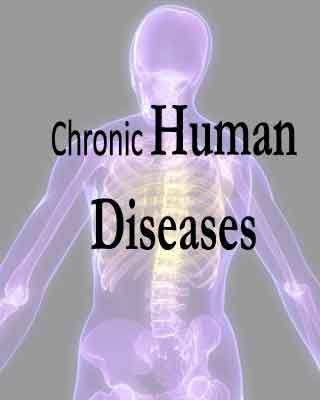- Home
- Medical news & Guidelines
- Anesthesiology
- Cardiology and CTVS
- Critical Care
- Dentistry
- Dermatology
- Diabetes and Endocrinology
- ENT
- Gastroenterology
- Medicine
- Nephrology
- Neurology
- Obstretics-Gynaecology
- Oncology
- Ophthalmology
- Orthopaedics
- Pediatrics-Neonatology
- Psychiatry
- Pulmonology
- Radiology
- Surgery
- Urology
- Laboratory Medicine
- Diet
- Nursing
- Paramedical
- Physiotherapy
- Health news
- Fact Check
- Bone Health Fact Check
- Brain Health Fact Check
- Cancer Related Fact Check
- Child Care Fact Check
- Dental and oral health fact check
- Diabetes and metabolic health fact check
- Diet and Nutrition Fact Check
- Eye and ENT Care Fact Check
- Fitness fact check
- Gut health fact check
- Heart health fact check
- Kidney health fact check
- Medical education fact check
- Men's health fact check
- Respiratory fact check
- Skin and hair care fact check
- Vaccine and Immunization fact check
- Women's health fact check
- AYUSH
- State News
- Andaman and Nicobar Islands
- Andhra Pradesh
- Arunachal Pradesh
- Assam
- Bihar
- Chandigarh
- Chattisgarh
- Dadra and Nagar Haveli
- Daman and Diu
- Delhi
- Goa
- Gujarat
- Haryana
- Himachal Pradesh
- Jammu & Kashmir
- Jharkhand
- Karnataka
- Kerala
- Ladakh
- Lakshadweep
- Madhya Pradesh
- Maharashtra
- Manipur
- Meghalaya
- Mizoram
- Nagaland
- Odisha
- Puducherry
- Punjab
- Rajasthan
- Sikkim
- Tamil Nadu
- Telangana
- Tripura
- Uttar Pradesh
- Uttrakhand
- West Bengal
- Medical Education
- Industry
Healing touch: Retired Army doctor finds new ways to treat common ailments

A retired colonel of the Indian army, who served as a medical expert in the Kargil area, has innovated new techniques for treating 25 odd common chronic human ailments.
A book brought out by Berlin's Lap Lambert Academic Publications lists the areas that he has successfully worked in with these unique techniques which need to be further refined and perfected for wider use and acceptance.
Colonel Rajesh Chauhan, an alumni of the AFMC, is currently an honorary national professor. He served the Indian army and also worked in Botswana.
Talking to IANS, Chauhan said: "We feel that the world continues to be guided by age-old beliefs and theories and it is high time we began thinking afresh, looked at different realities with different perceptions. Having worked in very hostile terrain and in extremely difficult conditions without the benefits of modern science it was possible to apply mind on new possibilities and utilise whatever resources were at our command. This proved a trigger for innovative techniques to address a whole lot of human ailments and come out with promising results."
He said specifically new thinking and new approaches to treatment of medical conditions like migraine, primary hypertension, sleep apnea, non insulin dependent diabetes, benign prostatic hyperplasia, presbycusis, lumbar canal stenosis, frozen shoulder, arthritis of knees, stroke, coronary blockage, haemorrhoids, external abdominal hernias, etc., have proved rewarding and people have already benefited from the techniques.
Chauhan said the problem was that we had stopped looking for alternative possibilities to mainstream treatment. "Possibly, by being convinced and satisfied, we have never tried to look beyond what has already been established or accepted by the world.
"Through my book I have tried to provide new perspectives on 25 common medical conditions with the intent that it may and should initiate a fresh look, discussions, debate and research around the world," he said.
Chauhan claimed that a large number of patients with these chronic problems had been successfully treated by him using his own innovative techniques.
"By going to the root of the problem and attacking it using a different line of treatment, varying the doses, trying new interventions and above all using the common sense approach to health, in tune with the nature's unique designs, patients have been relieved of their persisting problems relating to deafness, heart, diabetes, DNS, arthritis, blood pressure," Chauhan said, adding that he has an open mind and individualises treatment to suit a specific need.
Hs lamented that the medical fraternity goes out for easy options rather than innovating and looking for fresh approaches. Perhaps his book will provide the necessary trigger to redirect research in unchartered territories, he hoped.


